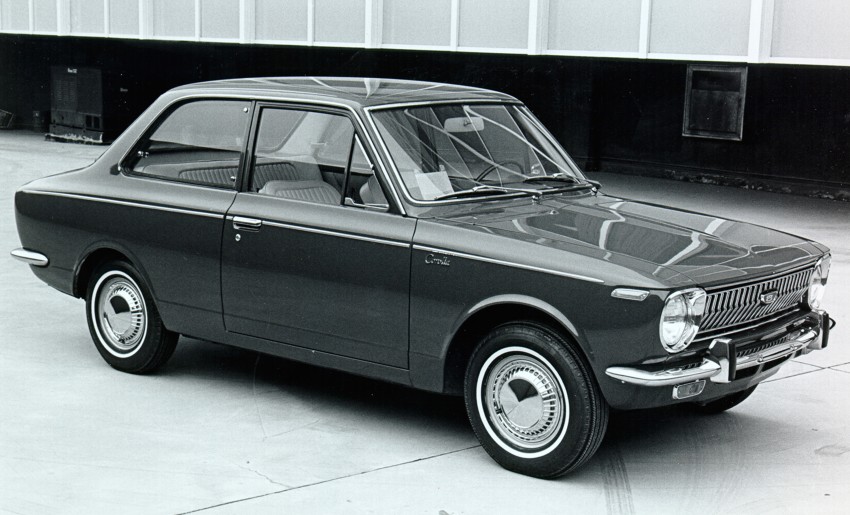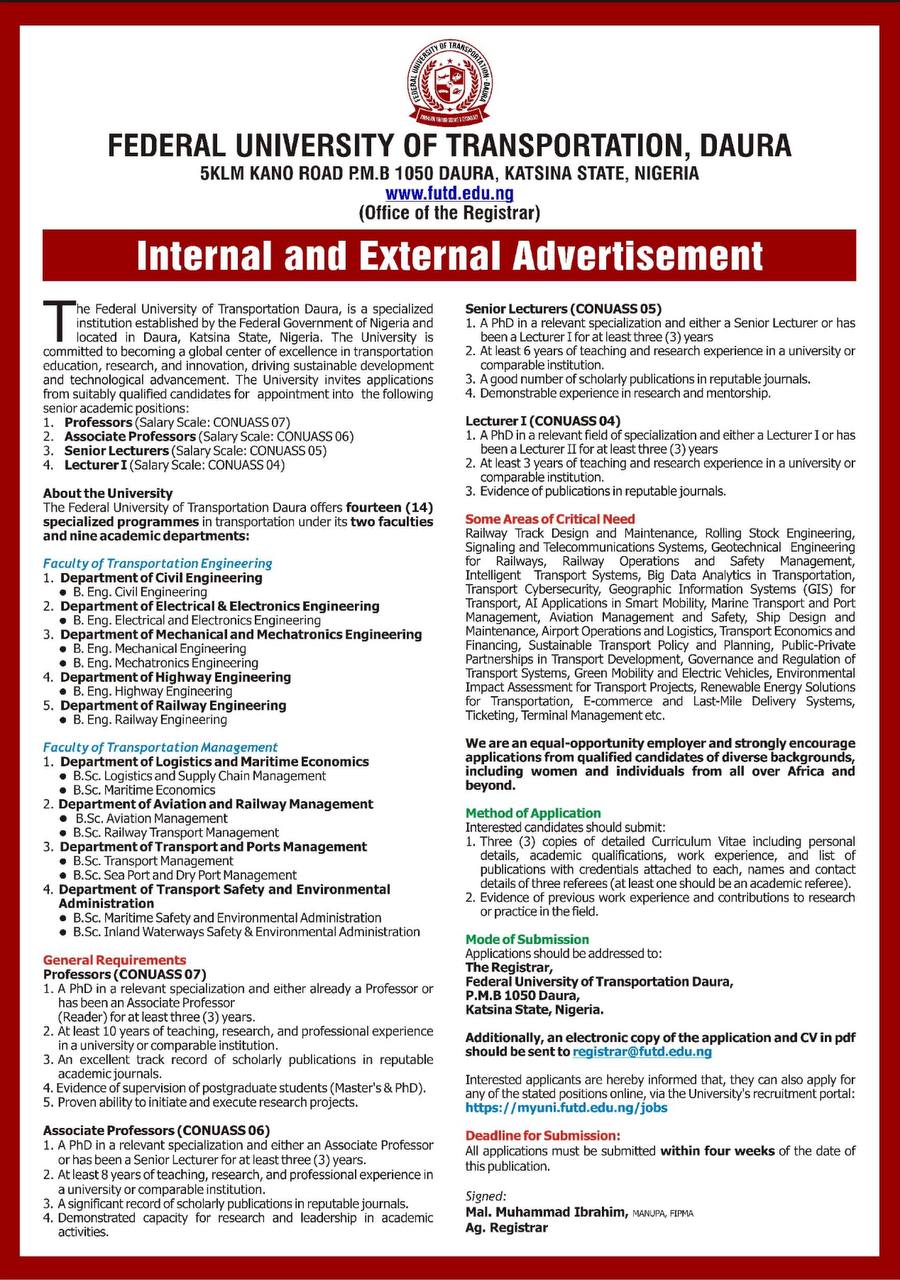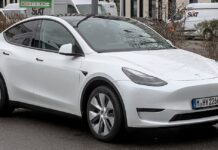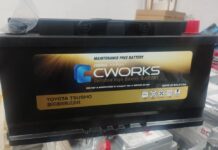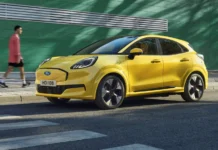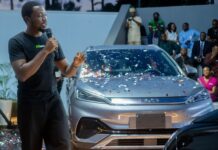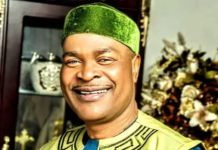Toyota has sold its 50 millionth Corolla, further cementing the model’s position as the world’s most popular nameplate – a title it first held in 1997. Last year, the automaker sold over 1.1 million Corollas. It is now sold in more than 150 countries and at a rate of one every 28 seconds, with production taking place in no less than a dozen plants around the world.
The first-generation E10 Corolla was launched in Japan in November 1966, nearly 55 years ago. Development was led by chief engineer Tatsuo Hasegawa (a former aircraft designer), who wanted to create a car that was comfortable, quiet, affordable and safe but with a sporting aesthetic.
The word “Corolla” refers to the ring of petals around a flower, which is considered to be the most beautiful part of a flower. The name was intended to evoke the image of a beautifully styled, eye-catching, high-quality compact car, and was deemed as an aspirational car in some markets.
Exports for the Corolla began almost immediately after the Corolla was launched in Japan. A total of 15 examples of the small 1.1 litre KE10 two-door sedan were shipped to Australia (Toyota’s first ever export market). Less two years later, in 1968, local production began (also Toyota’s first factory outside Japan).
Toyota Australia vice president of sales, marketing and franchise operations, Sean Hanley said the success of Corolla was built on its quality, durability and reliability and every owner had a story to tell. “For many people, the affordability, efficiency and fun-to-drive attitude that Corolla has always epitomised meant it was often a first car,” he said.
By 1970, the Corolla had become the second best-selling import car in the US. In May the same year, the second-generation E20 Corolla was launched, featuring a longer wheelbase (2,335 mm compared to the first-gen’s 2,286 mm) and two new 1.4 and 1.6 litre engines. In the four years since its inception, the Corolla had already become the second best-selling car in the world.
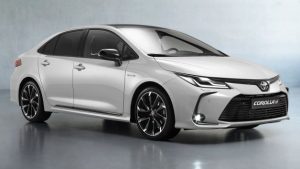
The third-generation Corolla (E30, E40, E50, E60) was introduced in 1974, during a time when markets were recovering from the 1973 oil crisis. Guzzlers like the V8s were knocked down the priority list for many, giving rise to smaller capacity engines. It is for this reason that the third-gen Corolla saw the strongest growth in the United States.
Malaysians will be well familiar with the fourth-generation (E70) Corolla, which was released in Japan in March 1979. Offered as a four-door sedan and equipped with the 1.3 litre 4K engine, the KE70, as it was more fondly known, proved to be desirable among collectors and tuners alike.
Succeeding the KE70’s legacy was the fifth-gen E80 Corolla. The popularity of derivatives like the AE85 Levin and AE86 Sprinter Trueno models remain strong to this day thanks to Initial D. While Takumi’s (panda AE86) tofu delivery car was of the rear-wheel drive variety, the four-door sedan versions were instead offered with front-wheel drive, a first for the Corolla. The same year it was introduced in 1983, Toyota had produced its 10 millionth Corolla.
With the sixth-generation (E90) Corolla, the boxy look of old has been replaced with something a little more contemporary. This generation of the Corolla also marked the end of rear-wheel drive, and the adoption of all-wheel drive for the model.
The seventh-gen Corolla (E100) was launched in 1991, followed by the eighth-gen (E110) model in 1995. Malaysian boomers are very well acquainted with this generation, one which was offered with a 1.6 litre 4A-FE engine.
The ninth-generation (E120) Corolla was a locally-produced model in Malaysia at UMW Toyota Motor’s Shah Alam plant, where it was branded as the Corolla Altis. Under the hood was the 1ZZ-FE 1.8 litre VVT-i engine, producing 134 hp. In 2005, the 30 millionth Corolla had been produced.
The 10th-generation (E140) Corolla came around in 2006, with Malaysian introduction (still called the Corolla Altis) taking place in March 2008. Initially offered with 1.6 and 1.8 litre ZZ engines, the facelifted Corolla Altis came with the new ZR engine family, ranging from 1.6 to 2.0 litre in capacities.
The 11th-generation E160 model was probably the least known Corolla, because it was sold in Japan, Hong Kong, Macau, Bangladesh, Singapore and Sri Lanka. Most markets received the E170 instead, featuring a far more palatable styling, with engine options being either the 1.8 litre or 2.0 litre variant. In September 2015, over 40 million Corollas have been sold worldwide.
Continuing the illustrious track record of the Corolla is the 12th-gen model. Now underpinned by the automaker’s TNGA platform, the Corolla is more spacious, more comfortable, more agile and certainly better looking than ever before. Take a look at the Corolla Sedan GR Sport, if you need convincing.
No matter how you perceive the Corolla, its success cannot be denied. And chances are, you most certainly know someone who has either owned one in the past, or is a current owner. Tell us, what are you fondest memories of the Toyota Corolla through the years, and which generation is your favourite? By Matthew H Tong
Toyota Nigeria Limited is the sole authorised distributor of Toyota vehicles in Nigeria.

